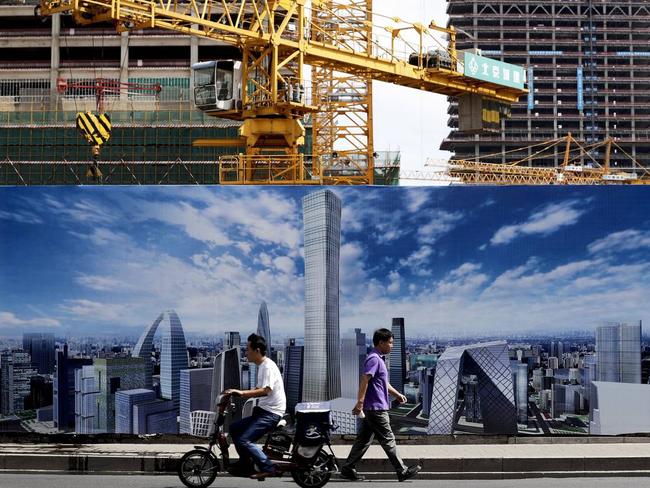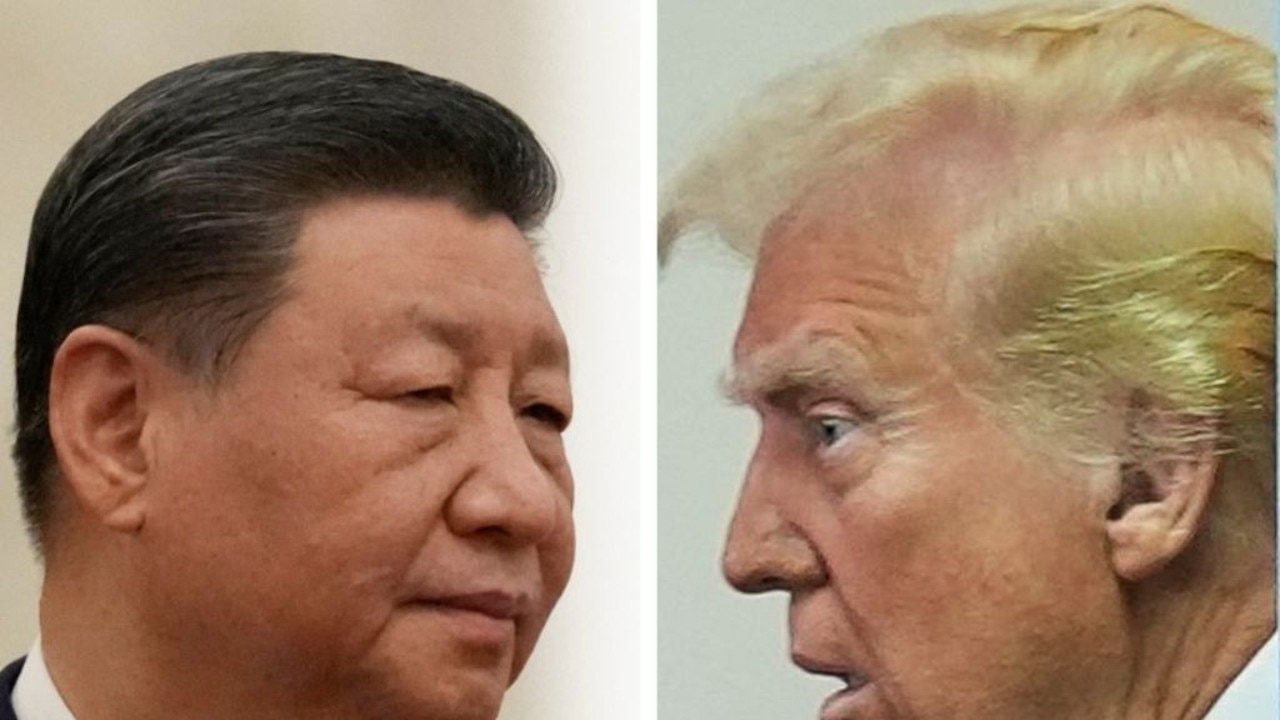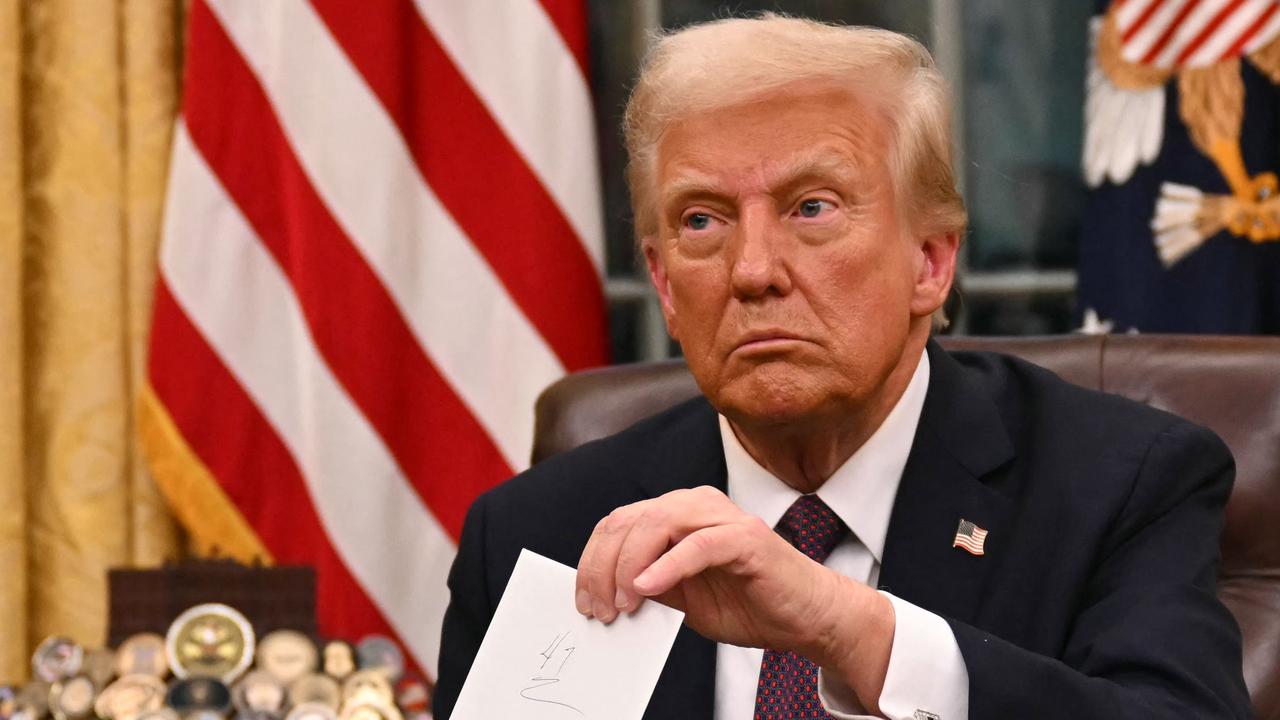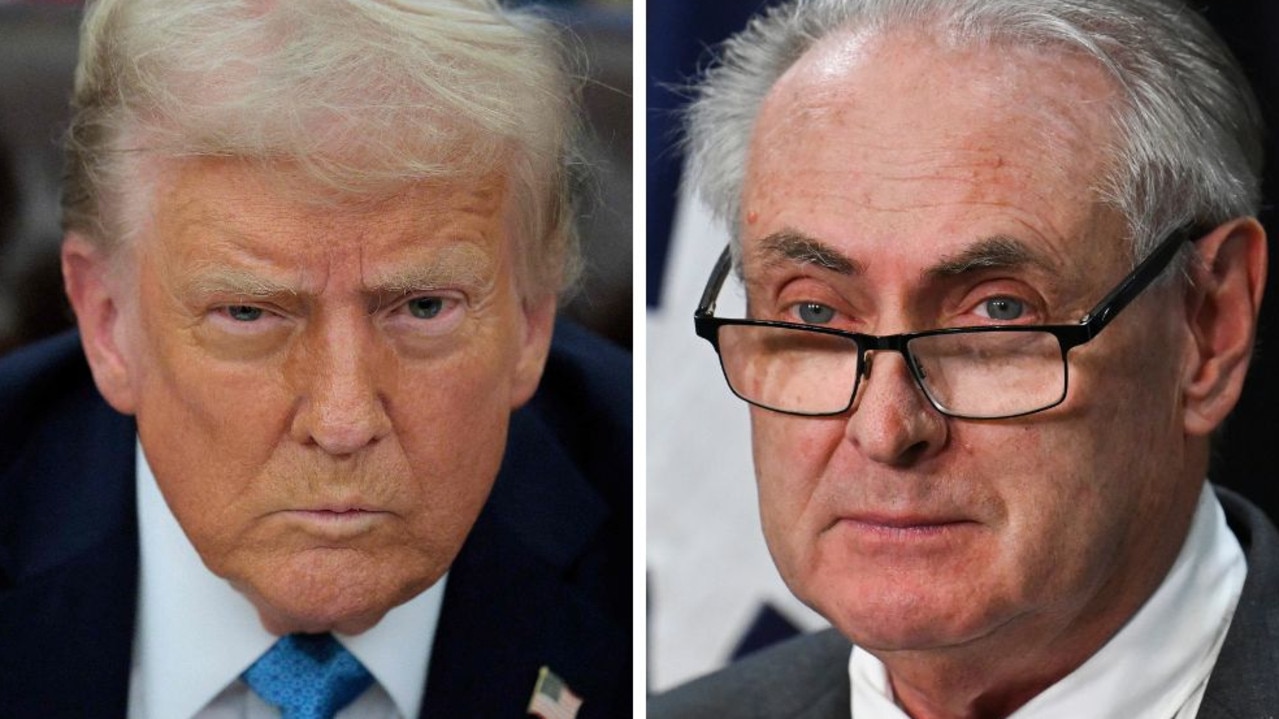Chinese allowed to apply for new five-year visa
ASIAN powerhouse calls on ethnic Chinese to take part in boosting the economy, offering a policy for those living overseas.
BEIJING has made no secret of its ambitions to grow its economy — and it is encouraging all Chinese people to do their bit.
The Asian powerhouse is calling overseas citizens of Chinese descent to participate in its “economic development” and have come up with a new way to help make that happen.
Authorities have introduced a new five-year visa which aims to make it easier for foreign people of Chinese descent to enter the country for longer periods of time.
The visas, which take effect from February 1, will be offered to people of Chinese origin and will allow them to stay for five years and enter multiple times over this period.
According to the South China Morning Post, applicants must have either a parent, grandparent or ancestor who is a Chinese citizen to be eligible.
Applicants must also be able to prove this with official documentation such as a passport or identity card.
The changes were announced by the Ministry of Public Security last week.
Qu Yunhai, the head of the ministry’s bureau of exit and entry administration, was direct in the visa’s intention.
He said the policy aimed to encourage more Overseas Chinese to “participate in China’s economic development”.
Authorities hope the new visa will encourage more Chinese people overseas to do business and live in China.
Australians cannot hold both an Australia and Chinese passport and currently require visas to enter mainland China, unless making a transit stop.
The types of visa eligibility also vary according to purpose and length of stay.
However, the new visa requirements in theory should make it easier for anyone of Chinese origin to enter the country provided they meet the new criteria.

According to the SCMP, the new policy makes it easier for applicants by not imposing any restrictions on reasons for visiting.
The new visa was trialled in March in several provinces and cities before its wider introduction.
Senior Analyst in Defence Strategy and Capability at the Australian Strategic Policy Institute, Malcolm Davis said the new policy was a clear move to encourage Western university educated Chinese back to China to boost economic growth and strengthen their rapidly growing middle class.
“It would help strengthen China’s economy, but beyond that I don’t think it would have a huge impact on China’s broader ambitions,” he said.
China has made its economic ambitions clear in recent months.
In a 3 ½ hour speech opening a five-yearly national congress in Beijing last year, Chinese President Xi Jinping set out his time frame for the country to become a “global leader” with international influence.
Mr Xi said China’s “prospects are bright but the challenges are grim” but outlined a plan for China to become more powerful and influential over the next 30 years.



